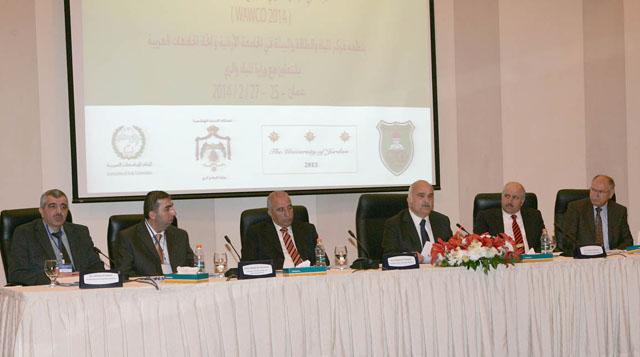AMMAN — With the region’s water deficit projected to triple to 130 billion cubic metres by 2030, water demand management must be incorporated in water strategies, a senior government official said on Sunday.
The expected deficit will necessitate projects estimated to cost Arab states $200 billion by 2030, which will place further burdens on the region in terms of raising necessary funds and retrieving the project costs, Water Minister Hazem Nasser said.
“Because water sources in the Arab world are expected to drop by 20 per cent during the next two or three decades due to climate change, it is imperative for countries in the region to ensure sustainability of the existing water resources,” the minister added at the opening of a workshop on integrated water resources management in the southern Mediterranean region.
Nasser underscored that Arab states, 66 per cent of whose water resources originate from outside the region, must take water demand management into consideration.
“Arab states should reconsider their conventional water strategies, which primarily rely on increasing water resources and to a much lesser extent on demand management,” he said.
The minister suggested involving local communities in the management of water resources, noting that the Kingdom’s experience in this field has been successful.
“Jordan handed over the management of irrigation water distribution in the Jordan Valley to its farmers via water users’ societies as of 2004. Now, 80 per cent of the irrigation water distribution is in the hands of local communities,” Nasser told the participants at the one-day event.
He also urged Arab countries to raise water use efficiency and public awareness on water shortage and its impact on socio-economic growth.
During the workshop, co-organised by the Collective Leadership Institute, the Arab Countries Water Utilities Association (ACWUA), the Arab Network for Environment and Development and the German Water Partnership, organisers launched a project to empower regional civil society networks to take an active role in integrated water resources management in the southern Mediterranean region (ENTIRE).
ACWUA Secretary General Khaldoun Kashman said the
ENTIRE project seeks to strengthen the role of civil society organisations working in Algeria, Egypt, Jordan, Lebanon, Morocco, West Bank, the Gaza Strip, Syria and Tunisia.
Kashman noted that several activities will be implemented by the project, including training selected members on the stakeholders’ dialogue methodology in integrated water resources management.

















